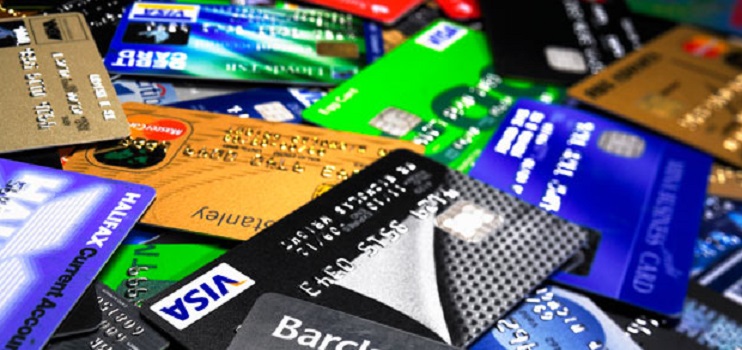Airlines reluctant to ditch credit card fees
25 October, 2015
3 min read


Australia’s four main airlines appear to be heading for more testy times with regulators and consumer groups over the Australian government’s plan announced last week to outlaw profiteering on credit card fees.
On Wednesday last week, the Australian Consumers Association declared that exorbitant card fees had been dealt a “death blow” after the federal government announced that airlines would be banned from charging more than it costs them to recover costs.
The low-cost carriers are the worst offenders, with Jetstar and Tigerair charging $8.50 per sector -- $17 per return ticket – for purchases via credit card, while Virgin and Qantas charge $7.70 and $7 respectively per booking, which in most cases is for a return journey.
A family of four is faced with forking out up to $68 in card fees for a transaction that might have cost the airline just $2 in merchant fees – typically 0.5 per cent of transaction value.
“We have long campaigned for a better banking system in Australia and the Federal Government’s decision today to crush sky-high credit card surcharging delivers on a big priority for consumers,” says Alan Kirkland, chief executive of the ACA’s CHOICE research and advocacy arm.
“While consumers will need to wait until mid-2016 for this new surcharging law, industry is on notice. Qantas, Jetstar, CabCharge and the other worst offenders have to clean up their act on surcharges before they face legal action.”
However, it’s far from certain that the airlines will voluntarily abandon their so-called ancillary revenue practices of charging huge mark-ups for “services” that cost little or nothing to produce.
Ancillary revenue is now a global phenomenon in the airline industry, generating $US38.1 billion in 2014 for everything from baggage fees to priority seat selection, according to specialist consultancy IdeaWorksCompany, of Milwaukee, USA.
That’s $9 billion more than the global airline industry is expected to make in profits this year. In other words, without ancillary revenue, the airline industry is losing money.
When airline credit card charges became controversial in Australia about five years ago, carriers changed their name to “booking and service fees”, which they claim cover a range of notional “services” including merchant fees.
Across Australia’s four main airlines – Qantas, Virgin, Tiger and Jetstar – “booking and service fees” account for potentially hundreds of millions of dollars of revenue.
At the launch of its new website, booking and check-in systems and crew uniforms this week, Tigerair’s Australian chief executive Rob Sharp was cautious and would not foreshadow how the airline would react.
“We’re currently reviewing the announcement [on card fees] from the Prime Minister yesterday,” he said. “We’re also looking internally and reviewing what the implications are for the business. But it’s only a very recent announcement that came out so we’re not really in a position to comment on it.
“We have a booking and service fee and that covers a number of costs including merchant fees and we disclose that throughout the booking profile and also there’s a lot of transparency on it through the website.”
Sharp also stressed customers can avoid card fees if they go to the trouble of using the airline’s preferred credit card provider instead of their regular card.
In Australia, the opt-out option is offered by three of the four airlines – all except Virgin. “Customers can actually come onto the website and not pay the fee if you use a Mastercard debit card from any Australian financial institution,” Sharp said. “And we’re actually seeing a trend recently where more and more customers are actually availing themselves of that option.”
Get the latest news and updates straight to your inbox
No spam, no hassle, no fuss, just airline news direct to you.
By joining our newsletter, you agree to our Privacy Policy
Find us on social media
Comments
No comments yet, be the first to write one.

